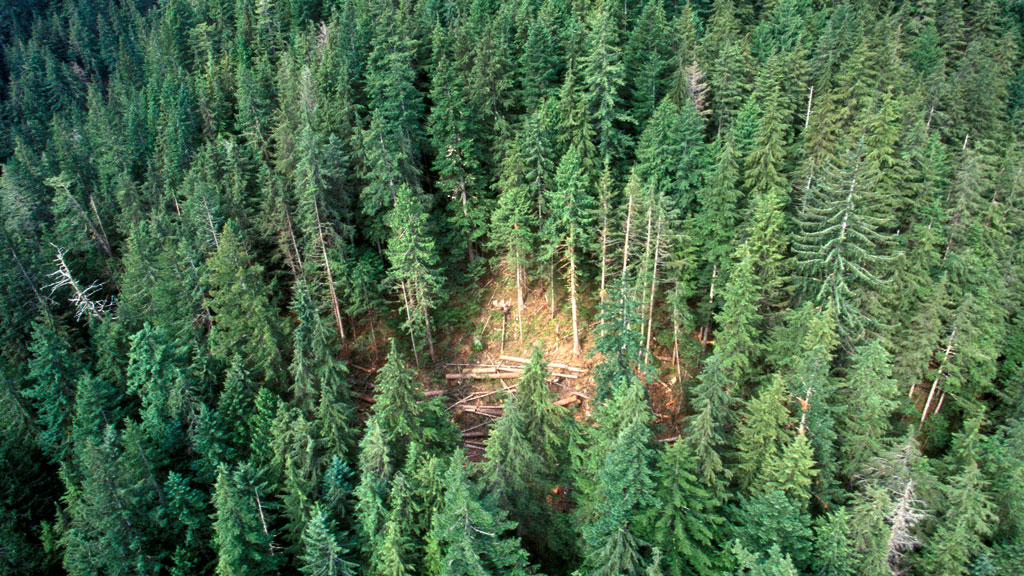The forestry sector is keeping a close eye on the Russia-Ukraine conflict which could have major implications on wood product supply chains.
Paul Jannke, a principal for analytics company Forest Economic Advisors, explained the unexpected invasion has thrown all earlier forecasts for a loop.
“We do 15 forecasts a year and in the first quarter we already thought inflation was high and we were concerned about it being a major issue, but it has all changed,” he said, noting the conflict is already creating disruptions.
The war’s impact on the global economy and supply chains was a major theme of the BC Council of Forest Industries convention, where Jannke gave his presentation.
Jannke explained the Russian economy is oil-dependent and surprisingly small. It is much smaller than Canada’s despite having four times the population.
“It’s more akin to a Middle Eastern country where it is heavily resource dependent,” said Jannke. “It is heavily dominated by oil in natural gas. And while it’s a small economy in terms of demands and output, in terms of oil production it is roughly 10 per cent of global production.”
The war and sanctions on Russia have led to higher oil prices, explained Jannke, adding he believes the U.S. is looking at roughly seven per cent inflation on average for 2022 and 2023.
He expects officials to rapidly increase the federal funding rate which will impact mortgages and would trickle down to new residential construction, repair and remodelling work. It has the potential to create a dreaded inverted yield curve.
“When the yield curve reverts, the economy goes into recession,” he said. “We need to recognize that we could see some tough times coming.”
Jannke said this slowdown is likely to begin in early 2023, but he does not expect it to be as significant as previous economic downturns.
On lumber specifically, Jannke said Russia is not a significant consumer of lumber but it is a major producer, and its prices are competitive. The big consumers are America, China and Europe. Traditionally, Russia is a major supplier to Europe but there has been an elimination of exports to sanctioning countries.
“They don’t ship much to North America so there is no direct effect on our markets, but there will be global effects that will feed through to us,” he said. “As Russia loses export markets in Europe, we will see them shift that supply to China and China will be happy to get that lower-cost wood.”
Ukraine was somewhat of a significant growing player in global lumber markets but due to the war, production from the country will be very small, said Jannke.
He added businesses in North America could see a big drop in exports to China as they opt for cheaper Russian wood and more of a shift to Europe to fill the gaps there.
On the import side, European producers will likely reduce U.S. imports, but these won’t completely disappear.
“European producers like to maintain their supply chains, so they don’t want to move out of a market altogether because the know the situation isn’t forever, and with high lumber prices in North America, it is tough to avoid that market,” he said.
In terms of prices, Jannke predicts they will come down sometime next year as markets weaken and demand is lower. But these prices, relatively speaking, will still be high.
Follow the author on Twitter @RussellReports.











Recent Comments
comments for this post are closed